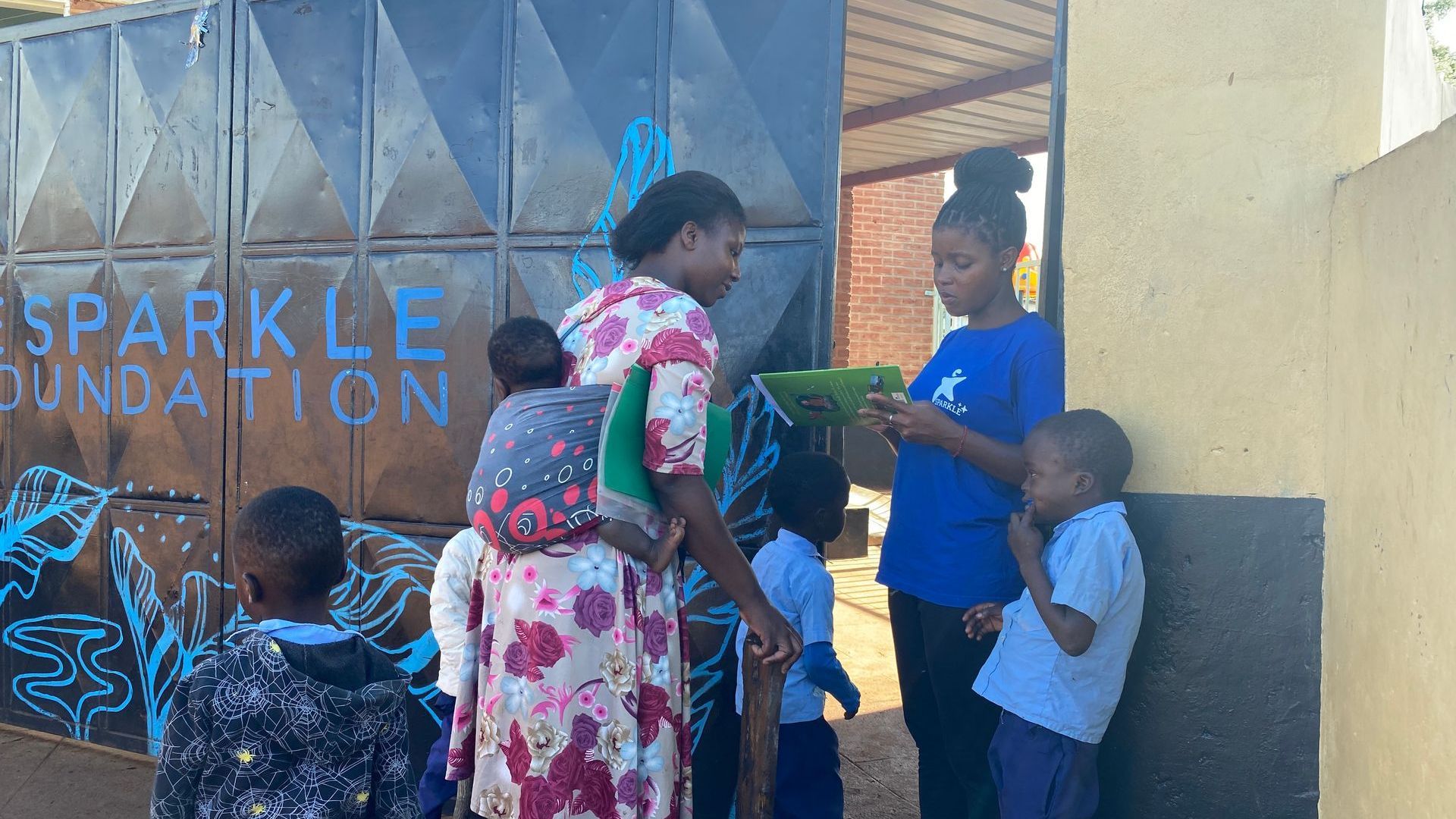Strengthening the Parent-Teacher Partnership: Strategies for Empowering Parents in Their Child’s Education
A child’s academic journey is not just shaped by teachers and schools, it thrives when parents play an active role and the role of parents extends far beyond supporting homework and attending parent-teacher conferences. Research highlights that students perform better when their families are engaged in their education. But how can we empower parents to become effective partners in this process? By providing the right tools, fostering collaboration, and creating an inclusive environment, parents can contribute significantly to their child’s success.
Let's explore some of the practical strategies that educators, schools, and communities can use to strengthen the parent-school partnership. These approaches not only enhance student achievement but also build a support system that benefits everyone involved.
Provide Clear and Consistent Communication
- Establish open and regular communication channels between schools and parents. This includes newsletters, emails, phone calls, and even social media updates. Keeping parents informed about their child’s progress, school events, and initiatives encourages active participation.
- Teachers should be encouraged to provide both positive feedback and constructive insights, ensuring parents feel involved and know how to support their child’s academic journey.
Offer Parent Education and Training
- Host workshops and training sessions to help parents better understand the curriculum, teaching methods, and educational standards. This can make parents feel more confident in assisting with homework or understanding school policies.
- Workshops could also address topics like managing screen time, promoting good study habits, or addressing mental health challenges children may face. As related to Lev Vygotsky theory which highlights the role of parents in providing scaffolding and support children’s learning and cognitive development.
Foster a Welcoming School Environment
- Make the school a space where parents feel comfortable and valued. Offer opportunities for parents to visit, volunteer, and participate in school activities. Creating an inclusive atmosphere where parents feel welcome can strengthen relationships.
- Build school-community partnerships, allowing for a shared responsibility in fostering a positive and engaging learning environment.
Encourage Parent Involvement in Decision-Making
- Empower parents by inviting them to take part in school decision-making processes, such as serving on committees, participating in school boards, or being part of parent-teacher organizations.
- When parents are actively involved in shaping school policies or activities, they feel a sense of ownership and responsibility, further reinforcing the school-home connection.
Build Mutual Respect and Trust
- Recognize parents as experts on their children and value their point of view. Encourage teachers to listen to parental insights about their child’s strengths, challenges, and interests.
- Collaboration should be rooted in mutual respect, where both educators and parents listen to each other’s perspectives and work together for the benefit of the child.
Celebrate Parent Contributions
- Recognize and celebrate the contributions parents make to the school community, whether it's volunteering, donating resources, or supporting classroom activities. Public recognition can encourage continued involvement.
- Schools can host events such as "Parent Appreciation Days" or “Family Nights,” where parents are invited to engage in school events or participate in student-led projects.
Create a Supportive Community for Parents
- Develop parent support networks where families can connect, share experiences, and offer advice to each other. This builds a sense of solidarity and ensures that no one feels alone in navigating the educational journey.
- Schools can also offer counselling or peer support groups for parents facing similar challenges, especially when dealing with special education needs or other specific concerns.
Empowering parents to play an active role in their child’s education is essential to creating a thriving learning environment. When schools foster open communication, provide accessible resources, and encourage meaningful parental involvement, the connection between home and school becomes stronger.
When parents feel equipped and confident, their involvement can significantly enhance their child’s academic success and overall well-being. Together, parents and educators can create a strong foundation for the child’s future, ensuring that learning extends beyond the classroom and into everyday life. It’s not just about supporting children in school—it’s about building a lasting partnership that benefits everyone in the educational journey.








